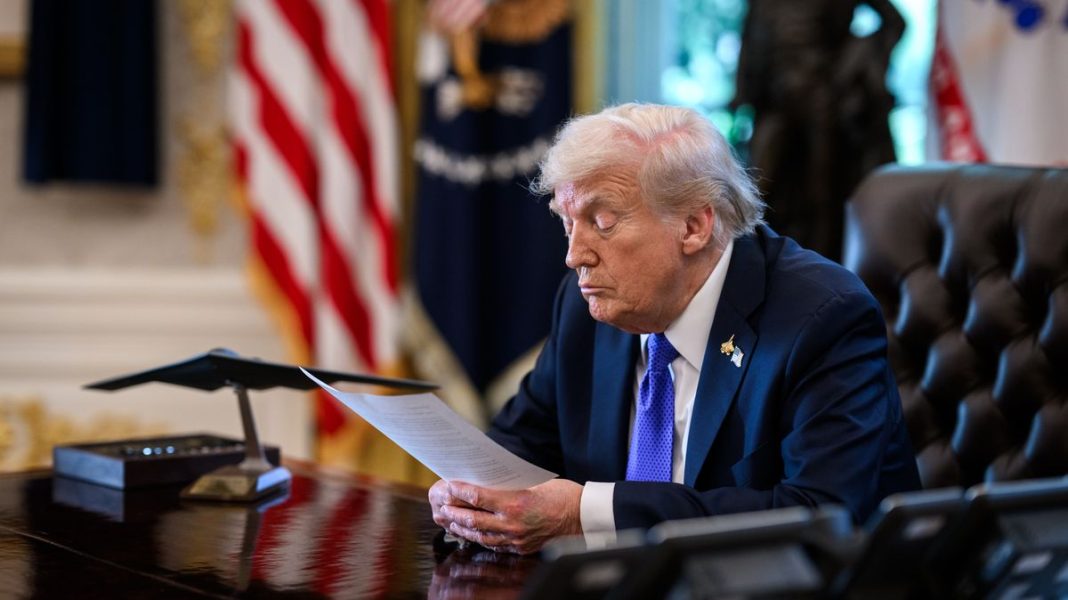The recent announcement by former President Donald Trump to cancel food tariffs has been met with mixed reactions. As global food prices continue to soar, this decision aims to alleviate some economic pressures on consumers and the market.
The Motivation Behind the Move

The decision to cancel certain food tariffs appears to be a strategic response to the current inflationary trends affecting global markets. With food prices rising sharply, particularly for staples like wheat, corn, and soybeans, reducing tariffs could potentially lower costs for consumers and importers. This move is expected to ease the burden on households already struggling with higher living expenses.
Trump’s choice reflects a broader push to address immediate economic challenges while remaining adaptable to international trade dynamics. Economic experts suggest that removing these tariffs might lead to increased imports, stabilizing prices by boosting supply. However, it’s also worth noting that such policy shifts can have complex ripple effects across industries.
Impact on the Agricultural Sector

The agricultural sector may experience significant changes as a result of this measure. By reducing barriers to imported foods, local producers could face increased competition. This situation might lead some domestic farmers to lower their prices to remain competitive, potentially impacting their profit margins.
Conversely, agricultural importers may benefit from reduced costs, enabling them to supply a broader range of products at more competitive prices. While this could spur market growth, it may also pressure the local farming community to innovate and diversify their offerings to maintain market share.
Consumer Response and Market Dynamics

Consumers are likely to welcome the potential decline in food prices, as household budgets are increasingly squeezed. The cancellation of tariffs might result in more affordable options, particularly for imported goods that were previously subject to higher duties.
Market dynamics could shift as consumer preferences are influenced by price changes. With a wider array of imported goods becoming accessible, buying habits may adapt, potentially resulting in greater demand for variety and quality. This could drive retailers and suppliers to optimize their supply chains further.
Global Economic Implications

On the international stage, the decision to cancel food tariffs could have broader economic ramifications. Trading partners may view this move as an opportunity to enhance economic ties with the United States, potentially leading to more bilateral agreements focused on food trade.
Removing tariffs might also serve as a diplomatic signal, promoting freer trade policies during a time when protectionism has been rising in certain parts of the world. Additionally, the decision could inspire other nations to reconsider their trade practices, particularly if the results prove economically favorable.
The cancellation of food tariffs by Donald Trump may offer some relief amid rising prices, but it also presents challenges and opportunities across sectors. As markets adjust and adapt, the full impact of this policy change will unfold over time.





